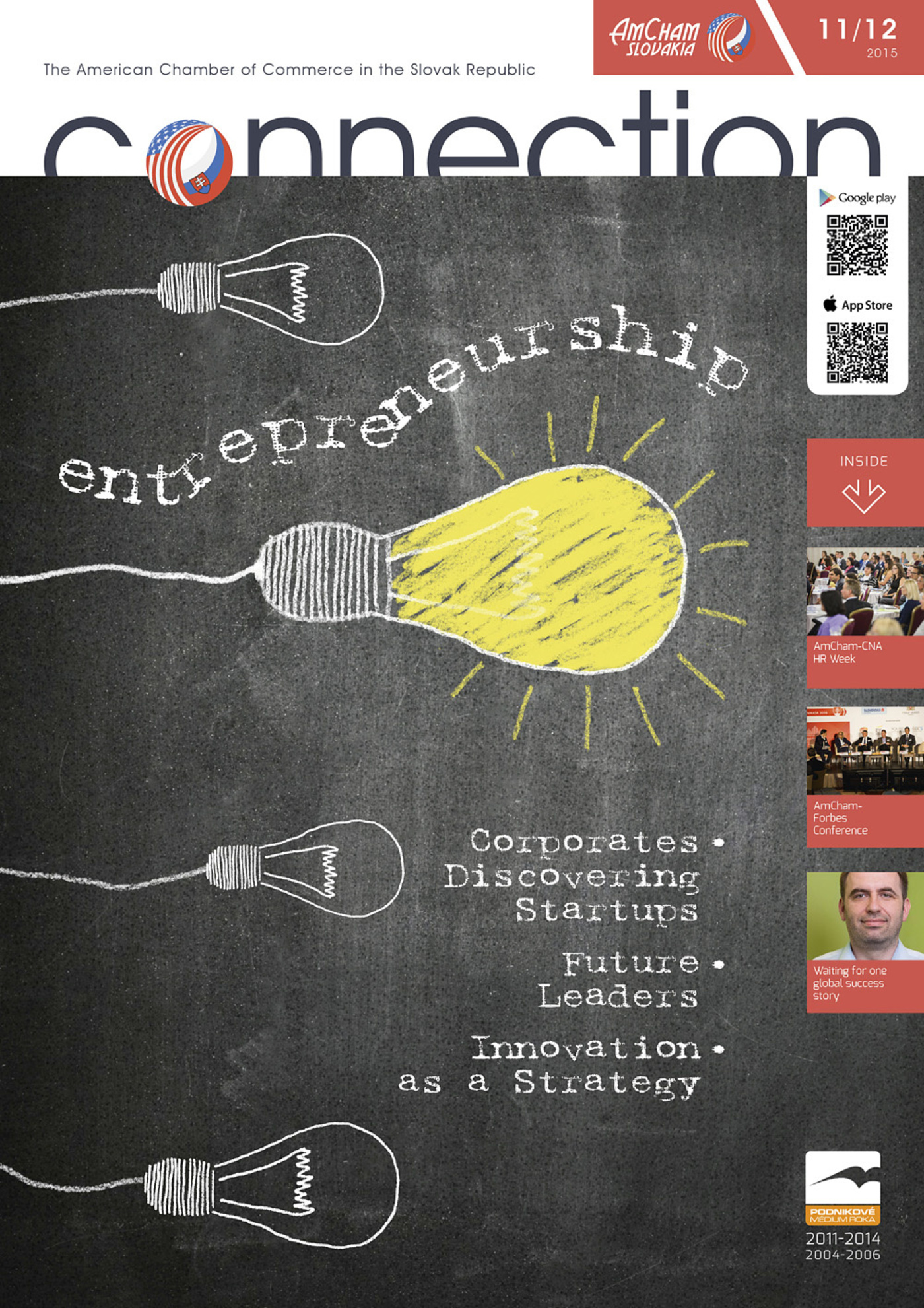DIY in the golden pre-crisis times
Do-it-yourself was the approach of banks when creating new or re-furbished products in pre-crisis times. They needed to cover two to four channels, branches and the web, for some products also POS and ATM channels. Regulation in many areas was simple, and there were relatively high barriers to potential new competitors and a majority of clients lacked the ability (and willingness!) to quickly compare the products of various banks. The attitude of some clients created the golden times for banks/lenders, as one then-CFO of a mid-sized company told me on our way to a financial strategy course during MBA studies: “I don’t care about the interest rates on my loans, because my salary is growing faster than the installments on my loans!”
Faster, broader, deeper, smarter – all expected in parallel now
Everything needs to be done quickly (“Do It Yesterday”) – changes to surprise the competitors, to delight the customers, and prevent industry newcomers from gaining ground. Not hard enough? Incumbents are burdened by extensive new regulation to be incorporated in-time, for a spectrum of ever-splintering digital channels (mobile, tablets, wearables), with better alignment with customer needs. There is also competition from the “Gang of Five” (Amazon, Apple, Facebook, Google and PayPal), FinTech companies and start-ups looking for the opportunity to enter financial services due to the lowering of barriers in areas such as payments in the EU. How can this problem be solved? By getting third party help (consultants, student part-timers, outsourcing, forming industry utilities) and by testing new non-traditional “start-up-like ideas” on small samples in a secure environment outside of the bank.
Innovation labs – shaping the future of finance
The number of innovation labs is rapidly growing. They support “out-of-the-box” thinking by students (long-term employees rarely come up with good innovative ideas; this usually requires a newcomer mindset), the testing of “wild ideas” securely outside the bank (to avoid too much complexity, which could kill the idea), and teaching economic and IT students how to cooperate (an extremely useful skill in projects in an ever more digitized world). Although some big banks (e.g. Bank of America) are against this idea (perceived as economically unviable), other well-performing giants (like Wells Fargo) support it, as fast prototyping can catch an executive’s interest and enable a “reality check” by employees1.
The Slovak market is the right size for innovations
The Slovak market is just the right size to test novelties, and is big enough (population 5.4 mil, GDP USD 100bn2) to have a say in the outcome for an innovation. The population is attracted to innovations, as has been shown for contactless cards/payments (70%+ contactless-enabled cards and POS, more than 25% of all transactions with payment cards are contactless ones in Slovakia3). The Slovak bank sector was ranked the fourth most stable in Europe by Euromoney4 and is still fast growing with enough space to catch up with the bank sectors of the most developed countries. Add the necessity to build its national competitiveness as an advanced economy (GDP per capita above USD 17k) based on business sophistication and innovation5 (which the government has also been paying attention to recently) and you get the right mix for the creation of something new.
Innovation labs created at two Slovak universities…
Capco Slovakia is cooperating with the Slovak University of Technology and The University of Economics, where it sponsors6 innovative labs called “FFFIT Lab7” at the Faculty of Informatics and Information Technologies and “Capco ZONE8” at The Faculty of National Economy, both founded at the start of 2015. Students work on Master and PhD theses, aimed at financial services topics from a business and IT perspective, receive help from their consultants while working on their theses, and ideation workshops are organized.
…attract interest from traditional financial services and FinTech power
This cooperation and openness to support potential start-ups (activity at different platforms covering the start-ups agenda) has attracted the interest of the UK embassy in Slovakia and UK Trade & Investment as part of their UK FinTech for the Future program. The program supports cooperation between UK and Slovak companies in financial services and FinTech areas. According to a UK embassy statement: “In addition to other supporting activities, both UK entities welcome cooperation with Capco as one of the leaders on financial services and the FinTech market with long-term know-how.”
Attempt to make it all work together
In order to foster new thinking from the bottom up, Capco organized ideation workshops with students on the topic “Build Your Own Bank” for students of both universities at a venue with a start-up environment held on October 7th, 2015. They brainstormed new ideas for the digital era for the FinTech ecosystem.
We wish them every success in this and all co-operation activities in financial services, the FinTech area and other areas, in shaping the future of finance and other fields.
_____
1. Bank innovation labs: Boon or boondoggle?, American Banker 07-2015
2. CIA World Factbook. Retrieved August 24, 2015
3. Slovak Banking Association: Statistics on payment cards, Q2 2015 (this level of detail is only in Slovak: http://www.sbaonline.sk/files/subory/analyzy/verejne/karty201502.pdf)
4. Europe’s bank crisis under the spotlight, Euromoney 08/2014
5. http://www3.weforum.org/docs/WEF_GlobalCompetitiveness Report_2014-15.pdf
6. Paid reconstruction of the rooms, purchasing of technical equipment and sponsoring PhD student/researcher
7. FFFIT stands for Forming the Future of Finance with IT
8. ZONE stands for Zoom on New (banking) Ecosystem
Iľja Iliť, Global Research Analyst



Follow us